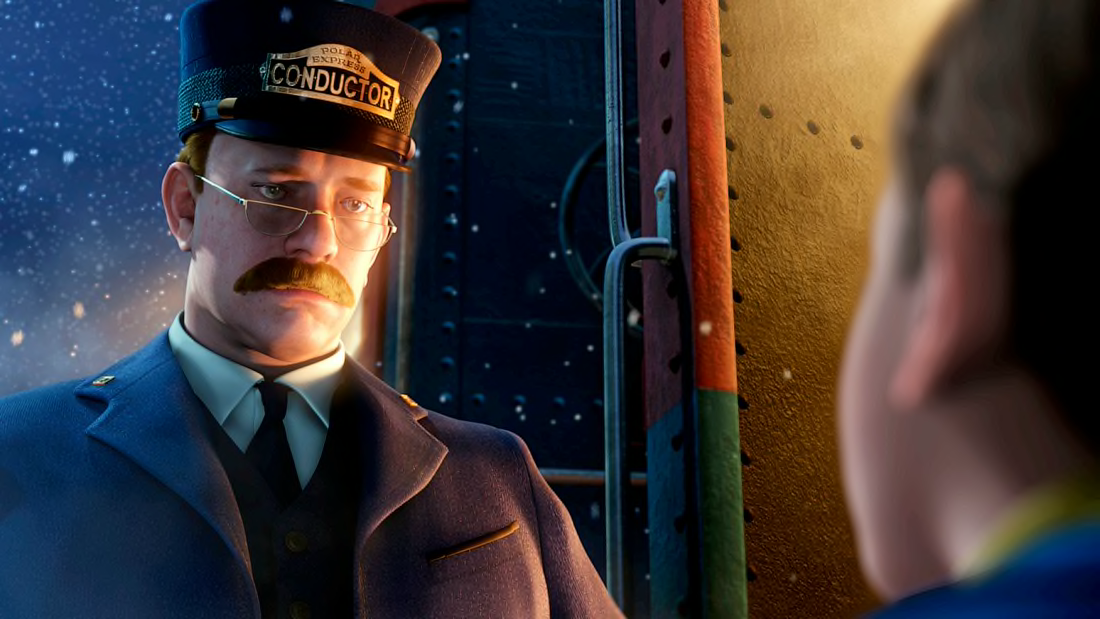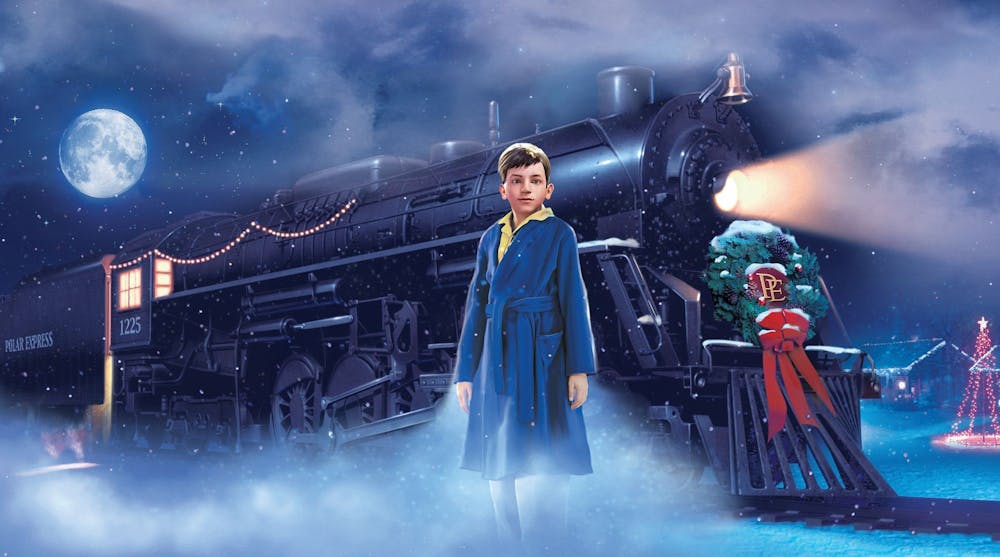The opinions and views expressed in this article are those of the author and do not reflect the opinion of Byte or Byte’s editorial board.
Director Robert Zemeckis brought Chris Van Allsburg’s The Polar Express alive in 2004 with the sound of a train whistle in a snowy town on Christmas Eve. Allsburg, known for his books Jumanji and Zathura, among many others, told the story of a small boy on the edge of disbelieving Santa’s existence until a mysterious train arrives in his town, awaiting him. Zemeckis directed the movies Forrest Gump and Castaway, which both feature Tom Hanks. Hanks voices many characters in the Christmas tale, including Santa, the train ghost, the conductor, and the main character when he grows up. With the struggle to find Santa’s existence, the movie’s score, and an ending that continues to leave me in awe, The Polar Express continues to be the best Christmas movie for all ages. It is unrivaled by both live-action and animation Christmas movies alike.

The story begins with an anxious boy, who remains unnamed in the movie, looking through the newspaper clippings of Santa hoax articles until his parents check in on him. As he pretends to sleep, he recalls his parents discussing “the end of the magic,” suggesting the boy’s disbelief in Santa. When an overbearing train whistle rattles the house, the boy boards the ride of a lifetime alongside a young girl, who remains unnamed, and a boy named Billy, both unwavering in their belief in Santa. As nobody else in the neighborhood was awoken by the train, it’s suggested the train is magical—only to be heard by the children who believe in Santa. It becomes clearer toward the end of the movie that it’s not true, and the conductor’s method was more concise than viewers are led to believe.
As the train barrels across a frozen river, maneuvers a caribou crossing, and speeds down Glacier Gulch, there are moments when unexplainable phenomena happen, like the train tickets flying away only to return moments later; a ghost living atop the train helping the boy at times; and waiters producing tabletops out of thin air that beg the question: What is this train and where is it going? The Polar Express directs its attention toward children, preteen age approximately, who are on the verge of disbelieving in Santa, thus losing their Christmas spirit.

After the trio gets lost at the North Pole, the girl and Billy encounter bells ringing from an unknown source. The boy repeatedly asks, “what bells?” The next scene—which is also the best scene of the movie—is when the boy finds one of Santa’s sleigh bells rolling toward him, and is still unable to hear it even after he picks it up and rings it next to his ear. The bell becomes more significant than anything else in the movie, proclaiming the boy’s belief in Santa. The prospect of Santa being real or not is still heartwarming 16 years later because it hits home for adults and children. No other Christmas movie has been able to envision a unified theme that Christmas revolves around: Belief. The Polar Express is about believing in something even if nobody else does.
Alan Silvestri’s score is plain amazing. There’s no other way to describe the recurring theme that pops in and out throughout the film. When the boy loses the bell Santa had given him, we see one small box lying underneath the Christmas tree. “Wait, there’s one more,” says the boy’s sister. She hands him the box, revealing the bell, and the score becomes even stronger and more powerful. When we learn the boy continues to believe in Santa even as he grows old, we realize how impactful the boy’s experience was on the train. Santa’s reflection glimmers on the side of the bell, and we recognize the significance of the train.
At one time or another, many of us have believed in a fat man dressed in a red suit sliding down our chimneys, placing presents underneath our tree, and leaving no cookie untouched. The Polar Express tells its viewers that the power of something, like Christmas spirit, is only as powerful as its follower’s belief in it. The movie has a way of touching both adult’s and children’s hearts because it is nostalgic and brings back many of our childhood memories. This is why The Polar Express remains the best Christmas movie continuously after 16 years of magic-filled fun.
Sources: YouTube
Images: IMDB, Mental Floss
Featured Image: Rail Events Inc.
For more entertainment related content, visit us at Byte BSU!




















